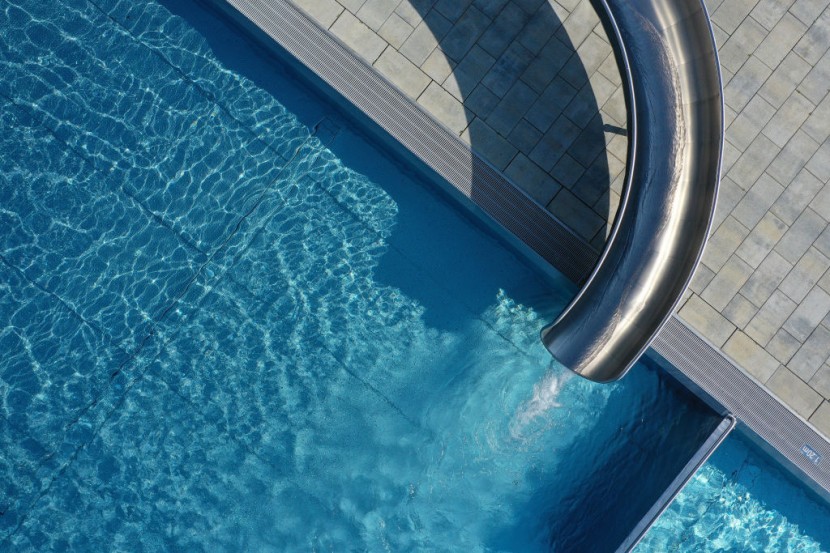Myrtle Beach's Caribbean Resort, a resort in South Carolina, has agreed to provide $26 million to the family of Ashtyn Douglas, a three-year-old who was severely burned by chemicals in an overchlorinated pool while on vacation there in May 2020. Nicholas Rowley, the family's attorney, confirmed the settlement, which broke records.
Ashtyn's family filed a federal lawsuit against the resort, alleging that the injuries were a result of the swimming pool containing "dangerous and illegally high levels of chlorine."
Resort Settles Record Lawsuit Over Child's Burns

The lawsuit further claimed that the chlorine level records submitted to the South Carolina Department of Environmental Control had been falsified over multiple years, as per USA Today. The legal proceedings revealed that Ashtyn's parents noticed his symptoms after leaving the resort, prompting a visit to a pediatrician the following day.
Ashtyn was subsequently admitted to the hospital for a week, where medical professionals treated his burns and performed debridement, the removal of dead tissue from wounds. Later, he received additional treatment at the University of North Carolina Burn Center.
The family's attorney, Nicholas Rowley, emphasized the resort's deceptive appearance, stating, "The resort looked beautiful, the resort looked safe. But what was in the water was not only dangerous but illegal."
Rowley pointed out that the resort's logbook, which initially showed normal chlorine levels during the child's pool visits, was later revealed to have been tampered with. An investigation exposed that a resort worker, certified in pool operation, had falsified data on days he wasn't working, including the day of the incident.
The lawsuit underscored the resort's prolonged refusal to take responsibility for the incident and highlighted the falsification of pool documents, leading to the shutdown of the pool by the South Carolina Department of Environmental Control due to dangerously high chlorine levels.
As a part of the settlement, Rowley remarked, "This record-setting settlement will not only fully compensate a little boy and his family but will send a powerful message to corporations across the country that callous disregard for the rights and safety of resort guests and children has big consequences," according to Wane.
Read Also: New Zealand's Gang Crackdown: Gangsters With Offensive Tattoos Could Be Forced To Wear Makeup
Family Disappointed by Resort's Post-Settlement Silence
Despite the settlement, the family expressed disappointment over the lack of an apology from the resort. Ashtyn's father, in an emotional statement, highlighted the ongoing challenges his son faces, including undergoing scar treatment at MUSC's Burn Center.
Juan Rivera, a former employee of Caribbean Resort, was also made public by the court when he was detained for faking pool documentation. Unexpectedly, the resort did not fire Rivera until the family's attorneys requested it-even after he had pleaded guilty to fabricating logs while testifying.
Further investigations revealed that the resort's chlorine levels had repeatedly violated South Carolina law, which mandates levels not exceeding eight on a test strip. The family's attorney, in a scathing remark, questioned the resort's decision not to immediately terminate Rivera after the falsification was uncovered.
The case highlighted the crucial need for adherence to pool safety laws, particularly to protect vulnerable populations such as children. As a result, the family hopes that their ordeal serves as a cautionary tale for the hospitality industry, emphasizing the paramount importance of safety.
In addition to making sure Ashtyn's compensation is protected, the family wants resorts all throughout the country to put their patrons' safety-especially the protection of their young guests-first. To make sure Ashtyn's financial recompense is properly protected, the family plans to ask a federal court judge to approve the deal, ABC News reported.
Related Article: UN Calls for Haiti Intervention Force To Combat Gang Violence
© 2026 HNGN, All rights reserved. Do not reproduce without permission.








